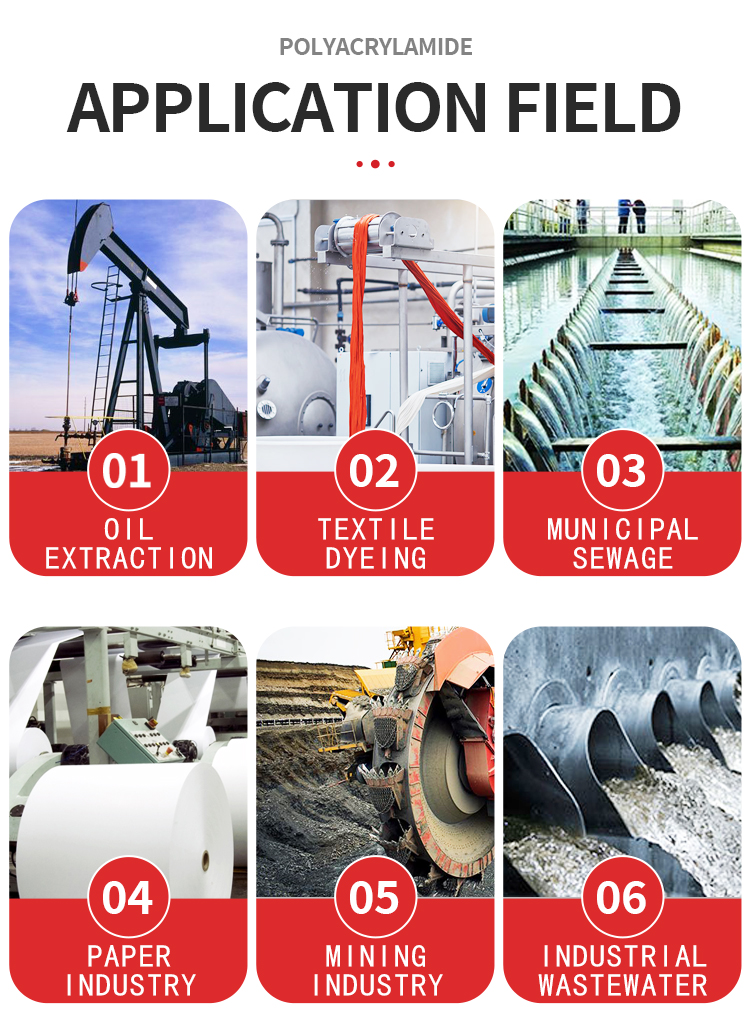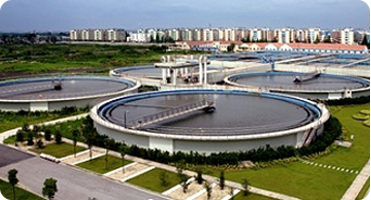Effects of lowering temperature on process parameters of sewage treatment plants
Decreased sludge activity:
Low temperature will significantly inhibit the metabolic activity of microorganisms, resulting in poor sludge settling performance, slowed biochemical reaction rates, and reduced organic matter removal efficiency.
Changes in dissolved oxygen demand: Due to the weakening of microbial metabolic activity, the demand for dissolved oxygen may be relatively reduced, but in order to maintain a certain treatment effect, sufficient aeration still needs to be ensured to increase microbial activity in the system.
Increase in sludge age: Under low-temperature conditions, the growth and reproduction rate of microorganisms decreases, which prolongs the sludge age (SRT), which may lead to sludge aging and further affect treatment efficiency.
Changes in nutrient balance: Microbial metabolism is slow, and the demand ratio for nitrogen, phosphorus and other nutrients may be adjusted.
Products often used in sewage treatment plants include:
Polyaluminium chloride
Anionic polyacrylamide
Cationic polyacrylamide
If you want to know more product details, please get in touch with us: + 86 13838149798


